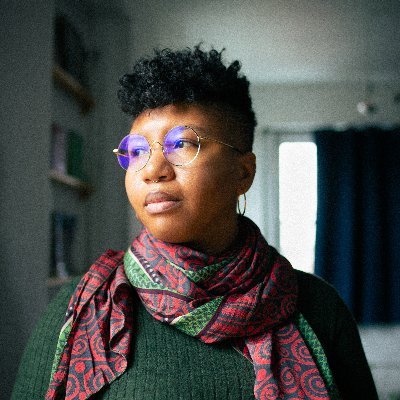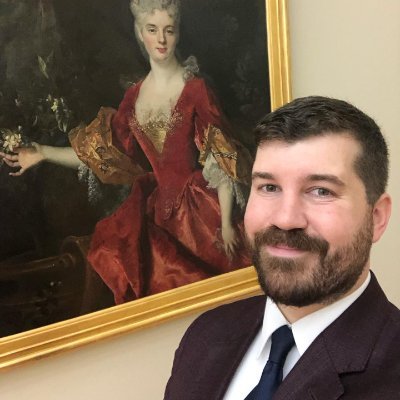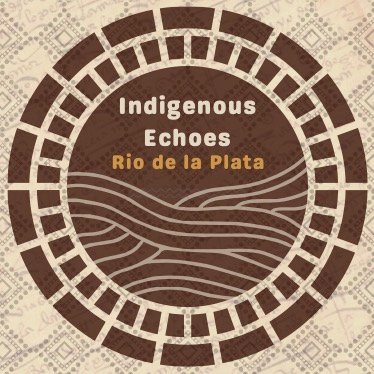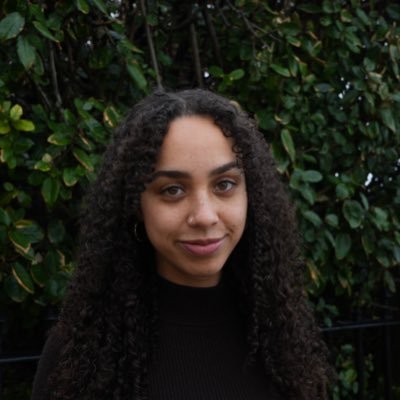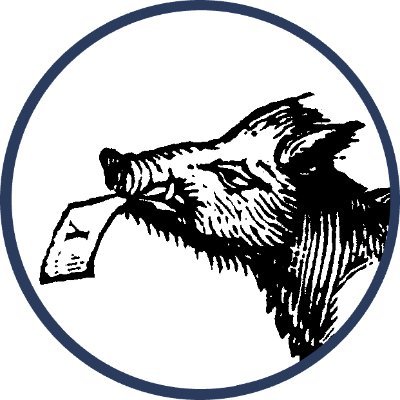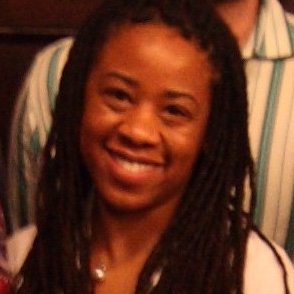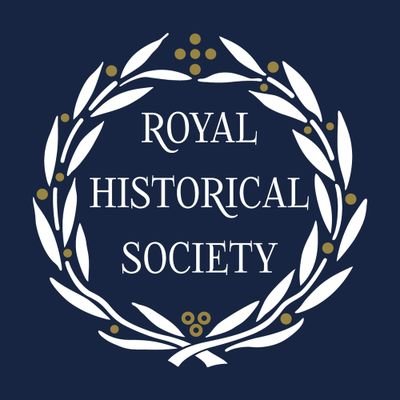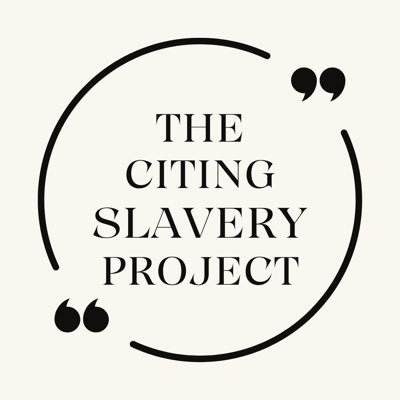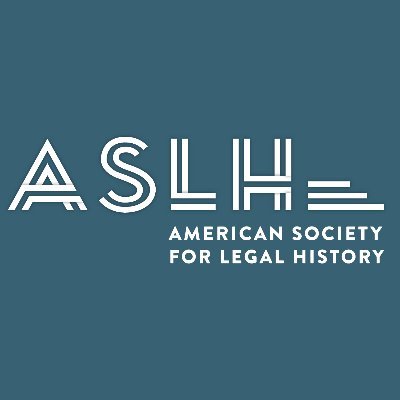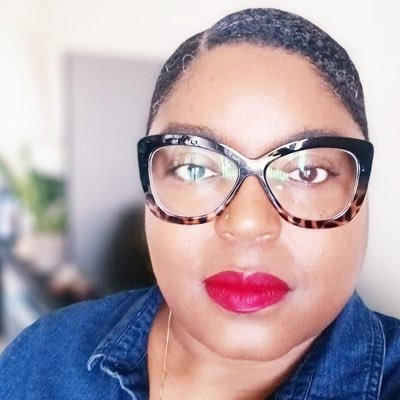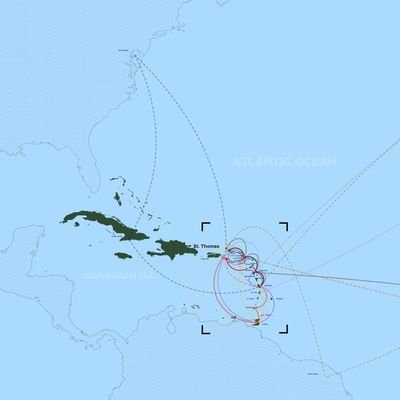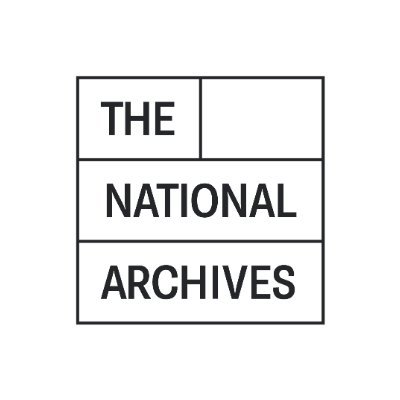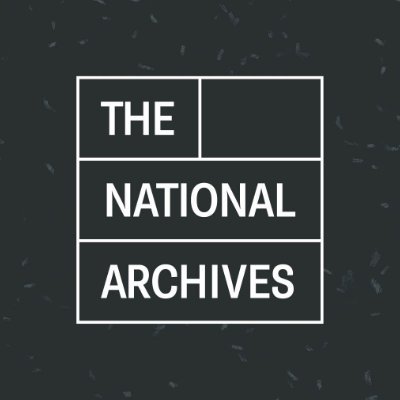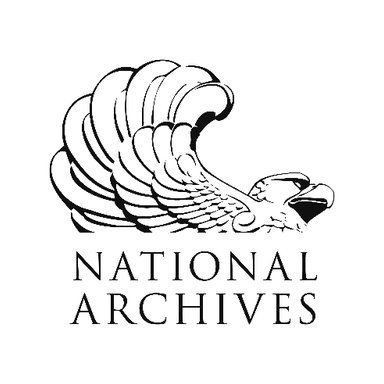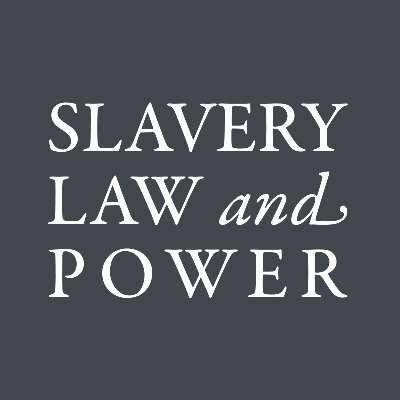
The Slavery, Law, & Power Project
@SlaveryLawPowerSLP is a DH project dedicated to bringing together disparate sources on the long history of slavery in early America & the British Atlantic.
Similar User

@OIEAHC

@CommonplaceJrnl

@EAS_Misc

@earlymodjustice

@H_Early_America

@drjkwilliams

@insurrect_histo

@ACMosterman

@AmericanSources

@gogogomalley

@DrKBlock

@randymbrowne

@lucien_holness

@Marcneev

@NicholasRadburn
Join us for our official launch! Next Tuesday, Feb. 15th at 2pm EST. Learn about our project and how you can be a part of it! Register here: umd.libcal.com/event/8575628

After the Duke of Monmouth’s rebellion against the Crown failed, Chief Justice Lord Jeffereys exercised swift, severe, and arbitrary judgment against them at James II’s orders. slaverylawpower.org/the-bloody-ass…
The English Bill of Rights underscore Parliament’s remaining worries about arbitrary and absolute monarchical rule after the Glorious Revolution. slaverylawpower.org/english-bill-r…
On trial for treason after the Rye House Plot, Algernon Sidney’s unpublished manuscript served as key evidence against him. His Discourses criticized absolute monarchy & slavery. slaverylawpower.org/algernon-sidne…
Sir Thomas Grantham’s letters, describing his response to Bacon’s Rebellion as a member of the Royal Navy, remind us of the long reach of imperial power over colonial discontent and revolt. slaverylawpower.org/sir-thomas-gra…
Under Charles II, political prisoners increasingly faced lengthy imprisonment and denial of due process. The 1679 Habeas Corpus act emerged as Parliament’s response, to enshrine the habeas corpus. slaverylawpower.org/habeas-corpus-…
King Charles II’s Council on Foreign Plantations regularly wrote colonial officials to gather information. What do their 1671 questions to Virginia Gov Berkeley - and his responses - tell us about their concerns? slaverylawpower.org/enquires-gover…
Jamaica’s 1664 slave code, like Barbados’s 1661 code, came at a time where the restored monarchy and its supporters aimed to craft a colonial labor & economic system that would increase royal power & coffers. slaverylawpower.org/jamaica-slave-…
In March 1649, about 3 months after the execution of Charles I, Parliament abolished the kingly office, claiming it had been used to “oppress and impoverish and enslave the subject.” slaverylawpower.org/act-abolishing…
Robert Heath led Star Chamber prosecutions against many who challenged Charles I’s authority. As a reward, he received this charter, stretching from what’s now N & S Carolina and Georgia east to the Pacific Ocean. slaverylawpower.org/original-chart…
Explore and learn from the historical debate over slavery, law, and power on our website slaverylawpower.org. View scholarly introductions, original transcriptions, and interactive timelines from the 17th and and 18th centuries.
(cont.) Colonial governance structures depended on charters that could be revoked by the king. slaverylawpower.org/dominion-of-ne…
Attempting to reform the colonies, King James II revoked New England's charters to establish the Dominion of New England (1686-1689). This brief period is important in showing the instability of colonial governance in general.
The Declaration of Independence is one of the most influential documents in US history. However, like the conception of the nation, it was debated & revised. This 1776 draft reveals a removed section blaming the King for continuing the slave trade.slaverylawpower.org/thomas-jeffers…
A lesser known work of John Locke is his essay “Reputation,” covering Locke’s view of the relationship of one’s social standing and fashion and influence. Check out this essay at the SLP site at slaverylawpower.org/john-locke-ess…
Caribbean slavery & Christianity existed as a paradox. Christians morally forbade the enslavement of fellow Christians, which clashed with enslaved people’s new interest in Protestantism. Richard Ligon captures this paradox in his 1657 account of Barbados. slaverylawpower.org/richard-ligon-…
Sir Robert Filmer was a prominent advocate for the divine right of kings. Was he also an intellectual justifier of England’s expanding role in slavery? Locke described him as “advocate for slavery,” whose ideas were “preached in every pulpit” (by the CoE) slaverylawpower.org/sir-robert-fil…
Historians? Do you have an interesting primary source document that speaks to debates over slavery, law, and imperial power? We’d love your suggestions on what to include as we continue to build our site: docs.google.com/forms/d/1YACqM…
Samuel Sewall’s The Selling of Joseph (1700) was the first anti-slavery pamphlet published in North America. What does his heavy reliance on Biblical argument tell us about his audience? Why was he speaking out? slaverylawpower.org/samuel-sewall-…
United States Trends
- 1. Ole Miss 30,4 B posts
- 2. Indiana 61,1 B posts
- 3. Colorado 48,6 B posts
- 4. Travis Hunter 7.775 posts
- 5. Kansas 24,8 B posts
- 6. Gators 18 B posts
- 7. Jaxson Dart 6.436 posts
- 8. Ohio State 40,1 B posts
- 9. Penn State 7.183 posts
- 10. Olivia Miles 1.071 posts
- 11. Wayne 139 B posts
- 12. Shedeur 5.309 posts
- 13. Lane Kiffin 4.610 posts
- 14. Devin Neal 1.187 posts
- 15. Kounde 22,3 B posts
- 16. Billy Napier 4.208 posts
- 17. Minnesota 16,4 B posts
- 18. Ryan Day 6.885 posts
- 19. Heisman 6.157 posts
- 20. Surgeon General 184 B posts
Who to follow
-
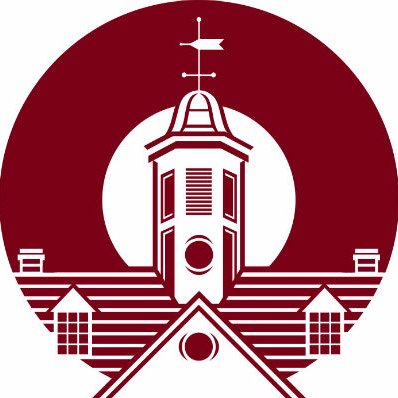 OIEAHC
OIEAHC
@OIEAHC -
 Commonplace
Commonplace
@CommonplaceJrnl -
 @easmisc.bsky.social
@easmisc.bsky.social
@EAS_Misc -
 Holly Brewer
Holly Brewer
@earlymodjustice -
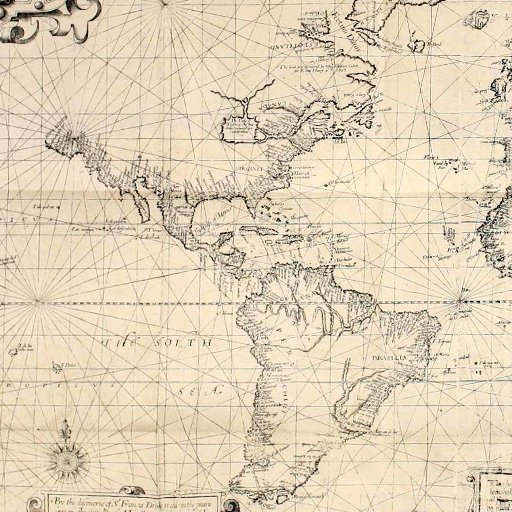 H-Early-America
H-Early-America
@H_Early_America -
 Jennie K. Williams
Jennie K. Williams
@drjkwilliams -
 𝑰𝒏𝒔𝒖𝒓𝒓𝒆𝒄𝒕!
𝑰𝒏𝒔𝒖𝒓𝒓𝒆𝒄𝒕!
@insurrect_histo -
 Dr. Andrea C. Mosterman
Dr. Andrea C. Mosterman
@ACMosterman -
 Early American Sources
Early American Sources
@AmericanSources -
 Gregory O'Malley
Gregory O'Malley
@gogogomalley -
 Dr. Kristen Block
Dr. Kristen Block
@DrKBlock -
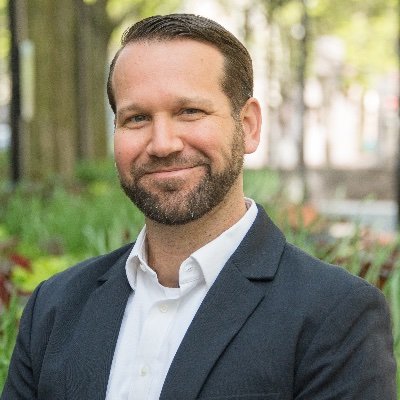 Randy Browne
Randy Browne
@randymbrowne -
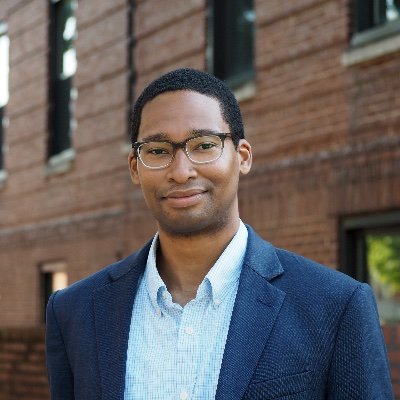 Lucien Holness
Lucien Holness
@lucien_holness -
 Marcus P. Nevius
Marcus P. Nevius
@Marcneev -
 Nick Radburn
Nick Radburn
@NicholasRadburn
Something went wrong.
Something went wrong.

